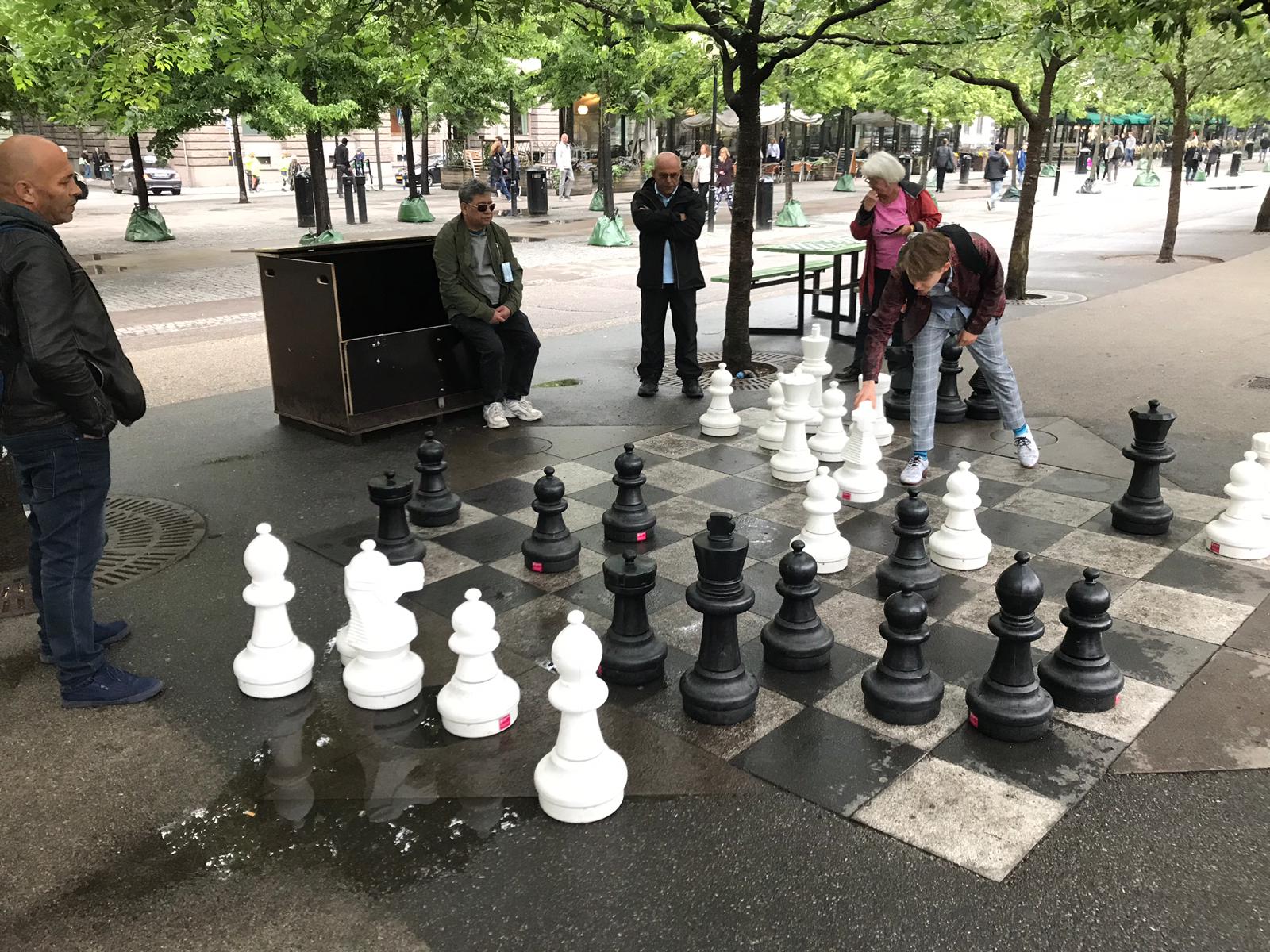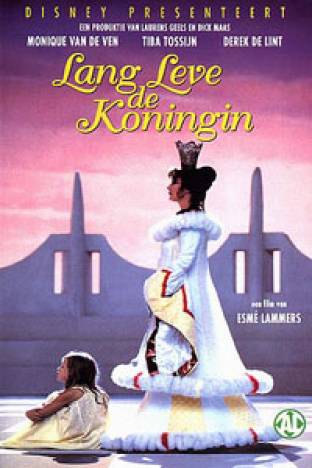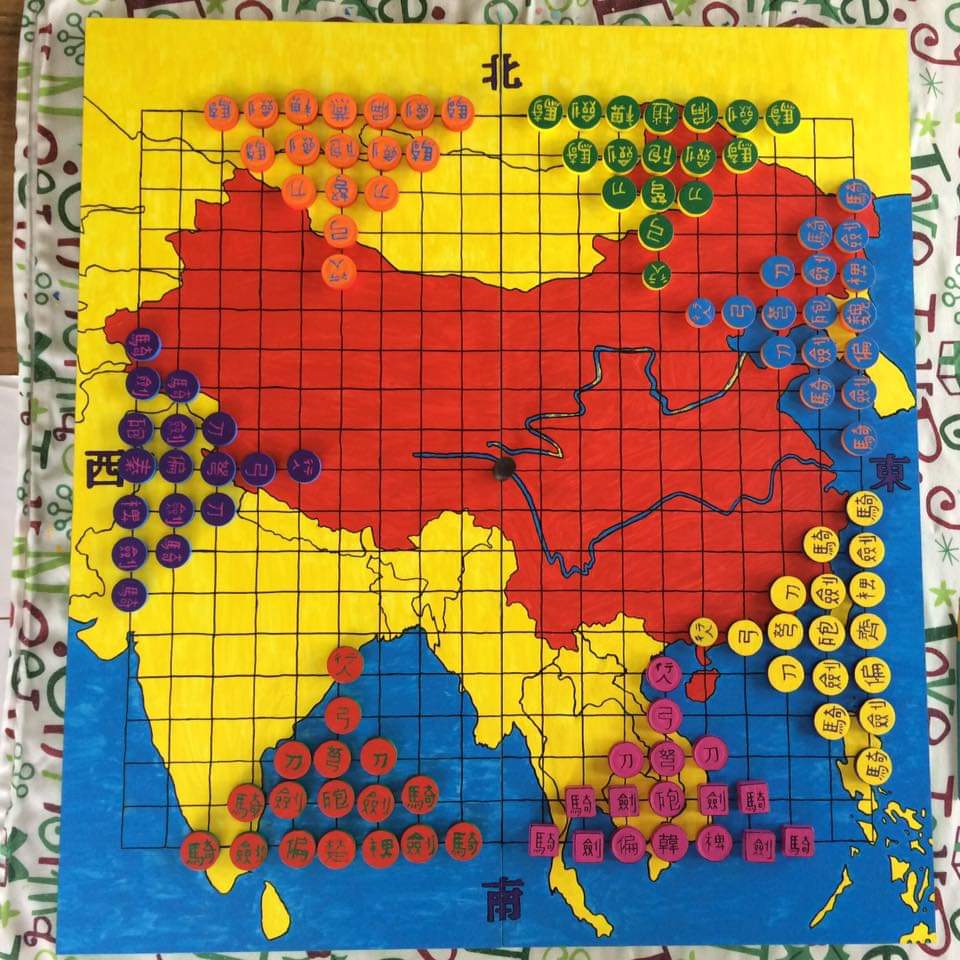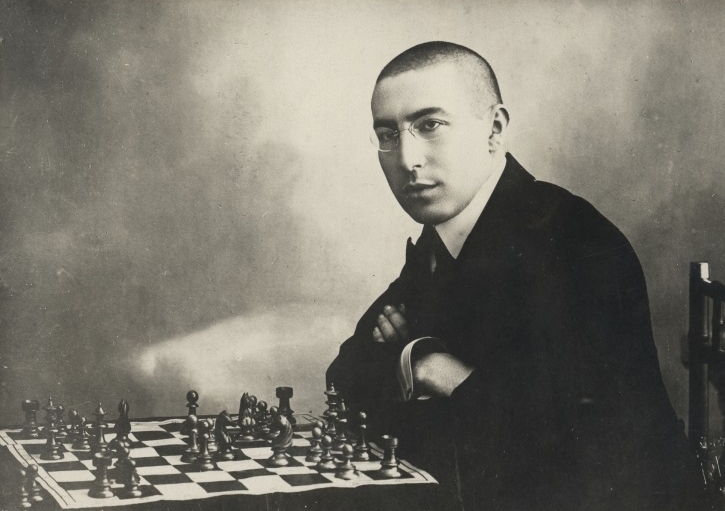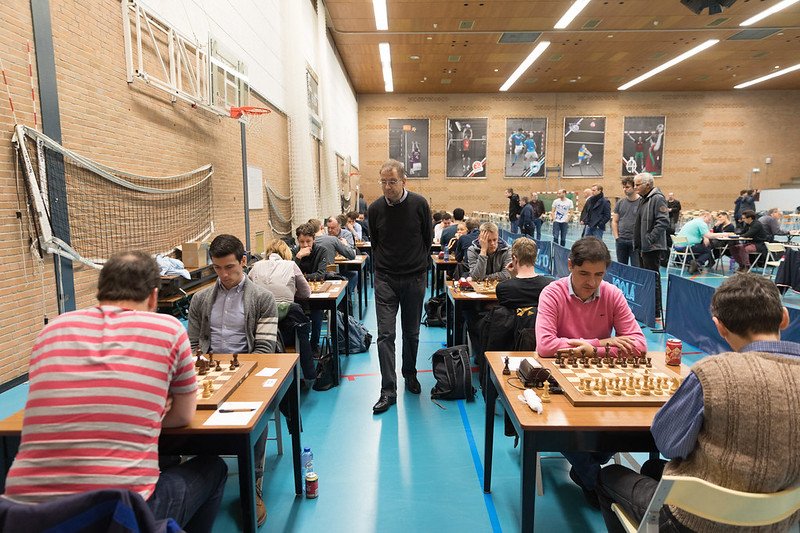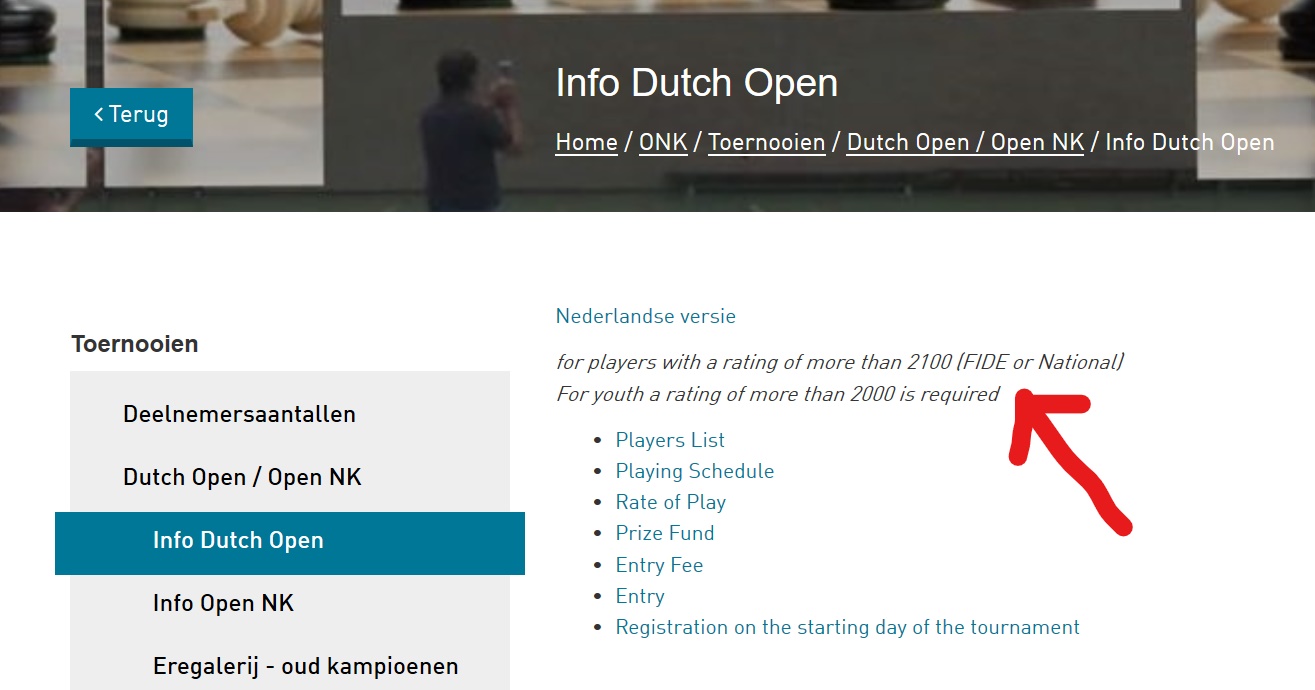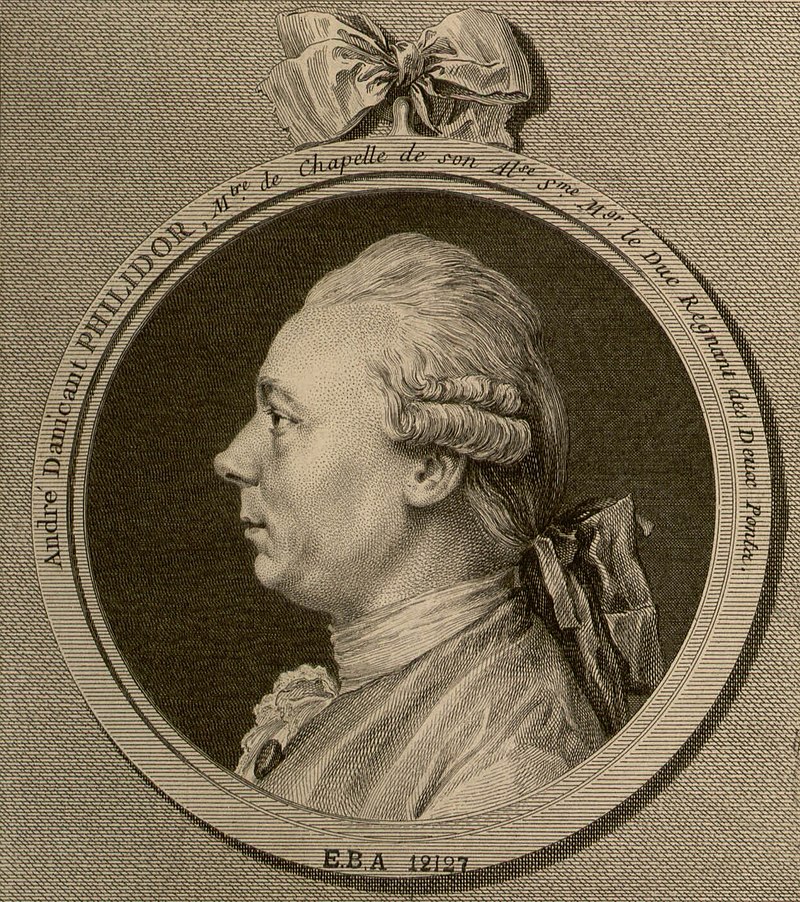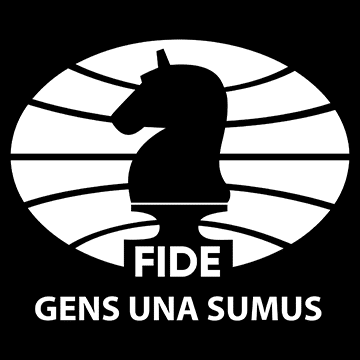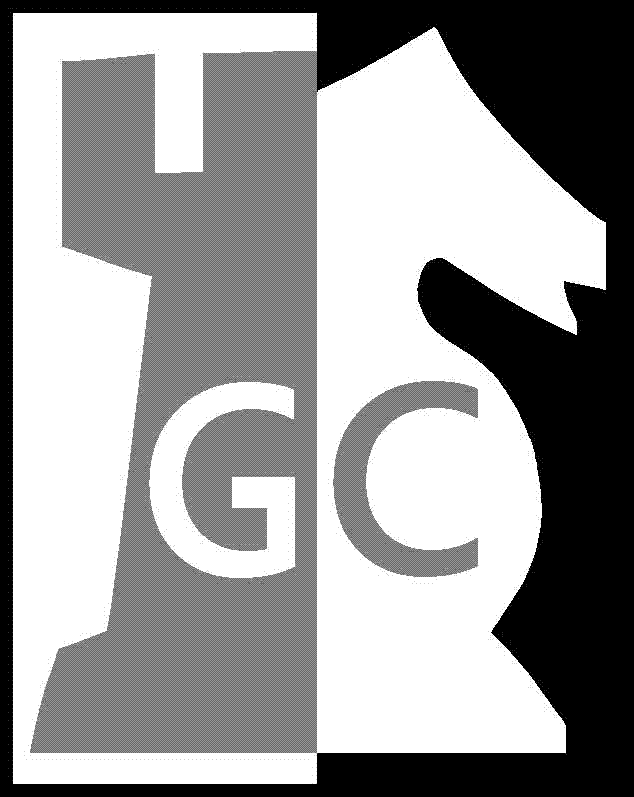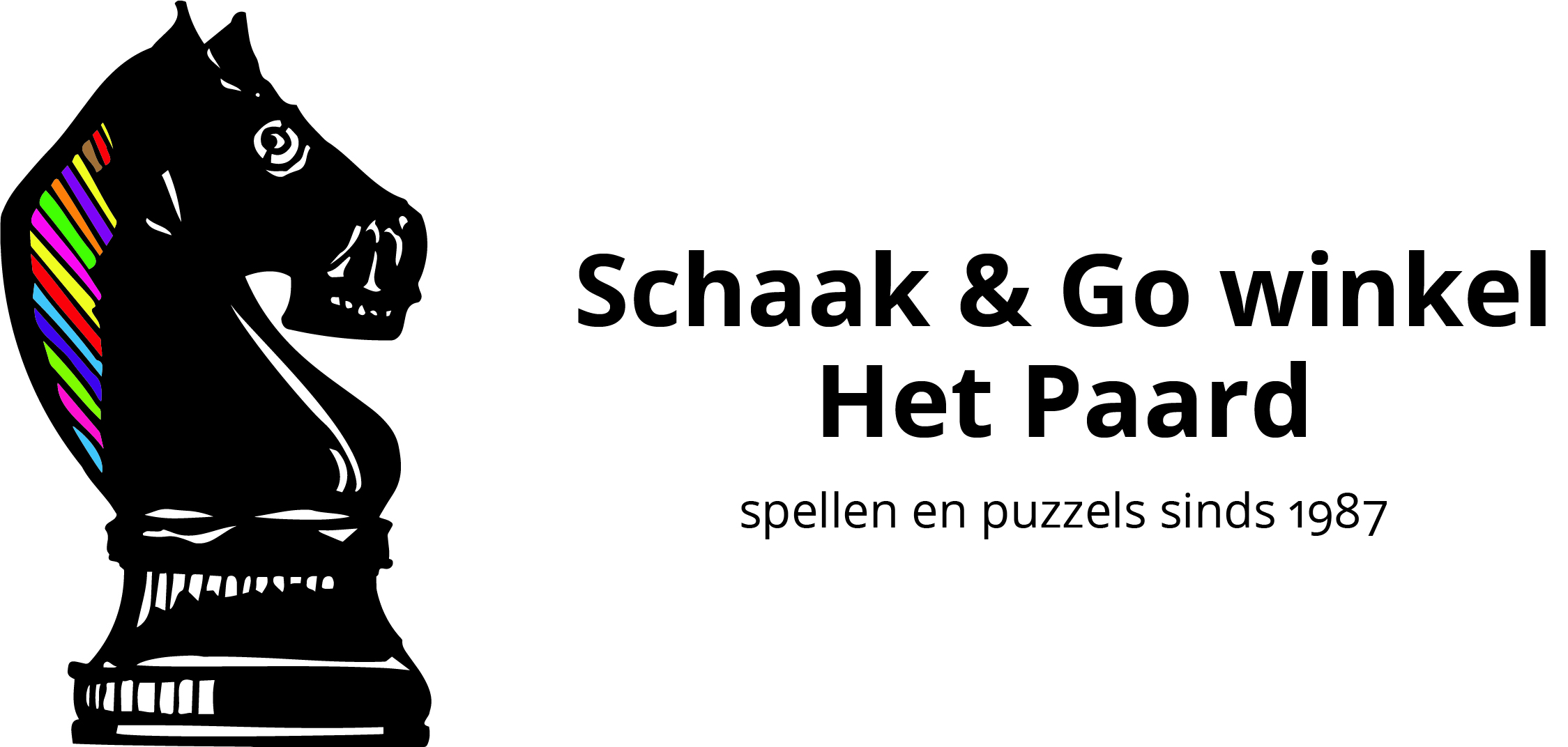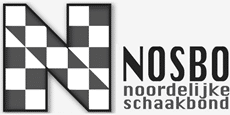What are the unwritten rules during a chess game? Turning off your phone is a good one, although this has already been laid down in the laws of chess. For that matter, it remains a mystery to me why this is still rattled off every time before a round starts, since for more than a decade everybody knows a telephone making sound automatically means losing the game. But the worst are the referees who, as soon as a player’s phone rings, would ask their opponent if they actually intend to claim victory, instead of immediately writing down the loss, although they are required to do so by regulations. Anyway, I already spewed enough fire in a previous column about Dutch tolerance.
What is a real unwritten rule? Silence, although people don’t tend to be so strict about this during club evenings. At SISSA, members can even request the following song in the bar where they play once a week. Not eating at your board because it stinks or makes irritating noises. Don’t drink alcohol – although some grandmasters appear to have no problem with that. Offering draw too many times consecutively or in a position where you are clearly worse. Continue playing even when mate is inevitable. No one has ever won a game by resigning, but sometimes one can spend his time better.
Something I have become more aware of is shaking hands before the game starts. When I studied in Finland four years ago, I became a member of the local chess club. Who wouldn’t feel a little more at home if you see the same white cardboard DGT boxes with your hometown written on top of them at the other side of the continent?
People were surprised when I indicated I wanted to shake hands, but what can you expect in a country where everyone at every bus stop stands at least five meters apart from each other? At the end I just stopped doing it. When a player resigns, the pieces are returned to the starting position, without stopping the clock or communicating in any other way.
When I was in Stockholm last summer I actually came across a garden chess game in the King’s Park (Kungsträdgården). I awaited my turn to play and as soon as I was given an opponent, I held out my hand to wish the fellow man a pleasant game. However, he responded with agitation that he had come here to play a game and not to shake hands. Of course, I should have known that this mentality could be found everywhere in Scandinavia.
Meanwhile it has become so normal to me that I don’t bother anymore. One plus though: you don’t have to fear shaking a weak, cold hand. It turns out a firm handshake during a job interview offers more chances of getting hired. Of course, we already knew chess contributes to healthy development, but now it appears that that is not only limited to mental aspects.
FM Zyon Kollen studies Middle Eastern Studies at the University of Leiden. He won the Amsterdam Science Park Tournament in 2018 and he hunts for a norm at the Chess Festival. The 24-year old Kollen speaks six languages fluently, e.g. Finnish, Swedish and Portuguese. He is also a chess trainer, chess set collector and builder, and he writes reviews on chess books. His columns will be published every day on the website around 12 o’clock.

